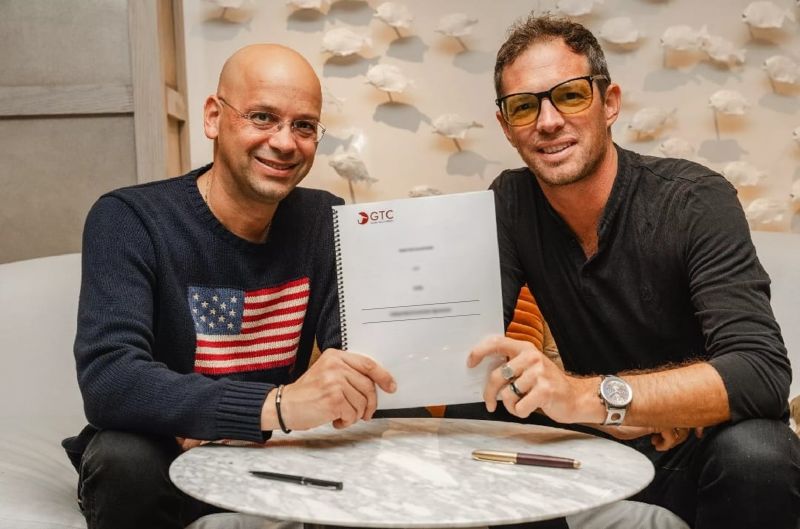CPaaS stands for Communications Platform as a Service – a concept that uses application programming interfaces (APIs) to integrate cloud-based communication services in an agile, scalable and cost-effective manner for businesses.
When developers prototype new applications, they often need to quickly incorporate ways to communicate with their users using SMS, voice or video. Working with traditional messaging providers would require revenue commitments, contracts and lengthy onboarding processes – putting the brakes on innovation.
Yet with CPaaS solutions, developers are able to access self-service portals where they can register in seconds, pick the APIs they need and pay only for what they use. CPaaS, being a cloud-based concept, means that once developers have integrated these APIs in their products and services, they benefit from being able to scale seamlessly as and when their messaging needs expand.
Where did CPaaS come from?
Twilio was the first company to make traditional communication, like voice and SMS, widely accessible as cloud services through APIs and has established itself as a global leader ever since. Over time, they’ve also built enterprise solutions to complement their dominance in the developer market.
Of course, being the clear market leader pushed other messaging providers, technology providers and mobile operators to pivot towards a CPaaS strategy too – offering up APIs to complement their connectivity portfolio.
Besides APIs to include basic communications functionality over SMS, voice and video, solution-focused APIs are also made available to simplify processes such as authentication, conversations or even offering a fully-fledged call centre.

What’s all the fuss about?
As more companies develop larger global CPaaS ambitions, market consolidation is more heated than ever. This has created a buy-or-be-bought buzz in the messaging landscape as global players chase opportunities to acquire competitors that will complement their connectivity and capability portfolios, as well as to give them a competitive edge.
In the recent IDC Marketscape report of CPaaS providers, Sinch reported to have spent $500 million in acquisitions in 2020; only to be followed by their $1.14bn acquisition of US voice provider, Inteliquent. Nonetheless, Twilio was still listed as the clear market leader by a significant margin, meaning we can expect the sector will stay lively in terms of mergers and acquisitions (M&A), as other companies seek to compete.
Global Telco Consult (GTC) provides objective and independent support for clients in the telecommunication industry. We play a critical role in supporting all transaction phases to ensure deals are consistent with corporate strategy and achieve maximum value. Find out more about GTC’s M&A offerings.
Life after APIs
CPaaS and its many APIs have been the basic building block for developers crafting new businesses and a reliable source of income for cloud-based communication providers who often see those customers scale and mature over time. Looking ahead though, the CPaaS concept also lays the foundation for omni-channel messaging solutions as the next layer of value.
For enterprises who aren’t API-savvy, for example, visual flow builders with a drag-and-drop logic turn complex messaging workflows into code-free campaign builders. Through a combination of bots, automation and virtual numbers, enterprises will be able to enable two-way communication with end consumers.
This means that enterprises can handle incoming messages from their customers more efficiently – reducing costs in call centres and improving customer experience by allowing consumers to reach businesses when and where they choose.
If A2P (application-to-person) traffic is still growing, even amidst a global pandemic, and P2A (customer-initiated peer-to-application) is to be unlocked by omni-channel capabilities, it’s not surprising to see companies from across the business messaging value chain reposition themselves as CPaaS providers. After all, when the telephone was invented, being able to remain connected with someone on the other end and communicate freely was revolutionary.
While CPaaS gives businesses the connectivity to consumers (via APIs), the ability to automate business responses and customer care is what will radically improve customer experience and business results. Consumers can ask for and receive help faster and more efficiently than ever before – solving pain points in the short-term and driving consumer loyalty for the future.
Global Telco Consult (GTC) is a trusted independent business messaging consultancy with deep domain knowledge in application-to-person (A2P) services. GTC provides tailor-made messaging strategies to enterprises, messaging service providers, operators and voice carriers. We have expertise in multiple messaging channels such as RCS, Viber, WhatsApp, Telegram and SMS for the wholesale and retail industry.
GTC supports its customers from market strategy through service launch, running the operations and supporting sales and procurement. The company started in 2016 with a mission to guide operators and telcos to embrace new and exciting opportunities and make the most out of business messaging. For more information or industry insights, browse through our blog page or follow us on LinkedIn.



